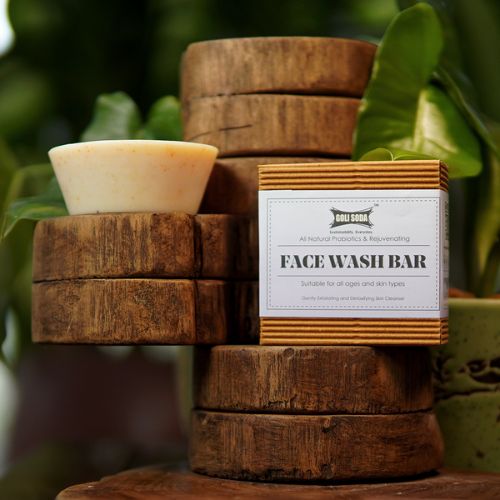Parenting isn’t just about raising children; it’s about shaping the future. In today’s world, where environmental challenges are mounting, eco-parenting has become more than a lifestyle choice—it’s a responsibility. As parents, our habits influence the next generation, and raising eco-conscious children ensures that sustainability remains a core value in their lives. At Goli Soda, we believe that small, consistent changes in parenting can create a lasting impact on the planet.
The Power of Early Habits
Studies show that habits formed in childhood often last a lifetime. According to a UNICEF report, children who engage in eco-friendly activities from a young age are more likely to make sustainable choices as adults. Simple acts like segregating waste, conserving water, and using reusable products can be introduced as fun activities rather than strict rules.
For instance, making composting a game by having children add food scraps to a compost bin teaches them about waste reduction while keeping them engaged. At Goli Soda, we promote eco-conscious alternatives such as dishwash bars and plastic-free toothbrushes, making it easy for families to embrace sustainability.
Sustainable Toys and Clothing Choices
The toy industry alone contributes to millions of tonnes of plastic waste each year, with 90% of toys made from non-recyclable plastic. Choosing sustainable, non-toxic wooden toys or upcycled playthings reduces environmental impact while ensuring children’s safety. Additionally, using hand-me-down toys or having a community of like-minded parents to share toys can be a great way to further reduce plastic waste and promote a more sustainable play environment. Hand-me-downs, along with stitching and upcycling clothes from old saris and dupattas, also contribute significantly to reducing waste in the fashion industry. These practices not only promote sustainability but also give new life to garments that might otherwise be discarded.Goli Soda encourages a shift towards durable, ethical alternatives. Our range of upcycled and plastic-free essentials helps parents instill sustainable habits effortlessly. By choosing better materials, we not only reduce waste but also teach children about mindful consumption.
Mindful Meals: Reducing Food Waste
Food waste is a pressing issue, with India wasting nearly 68 million tonnes of food annually, enough to feed millions. Instilling mindful eating habits in children can significantly cut down food wastage at home. Encouraging portion control, using leftovers creatively, and involving children in meal planning fosters a sense of responsibility.
Parents can also introduce sustainable dining habits like using stainless steel or bamboo utensils, avoiding single-use plastics, and composting food scraps. At Goli Soda, we support zero-waste kitchens with eco-friendly dishwashing solutions and reusable packaging, ensuring that sustainable choices become second nature to the next generation.
Teaching Through Action, Not Just Words
Children learn by observing. When they see parents carrying reusable bags, refusing plastic straws, or using a bicycle, instead of driving short distances, they internalise these behaviors as normal. According to the World Economic Forum, 75% of children who grow up with sustainable practices at home continue them into adulthood.
At Goli Soda, we champion this philosophy by providing sustainable everyday solutions—whether it’s switching to neem combs or embracing packaging-free personal care products. Leading by example is the most effective way to inspire eco-conscious habits in children.
Creating a Green Future, One Step at a Time
Raising an eco-conscious child doesn’t require a radical lifestyle overhaul. It’s about making small, intentional choices that add up over time. By integrating sustainability into daily parenting, we equip children with the values needed to protect the planet.
At Goli Soda, we are more than just a brand—we are part of a movement towards a greener, cleaner future. Together, let’s empower the next generation to be mindful, responsible, and deeply connected to the world around them. Because the best legacy we can leave our children isn’t just wealth—it’s a thriving planet.





